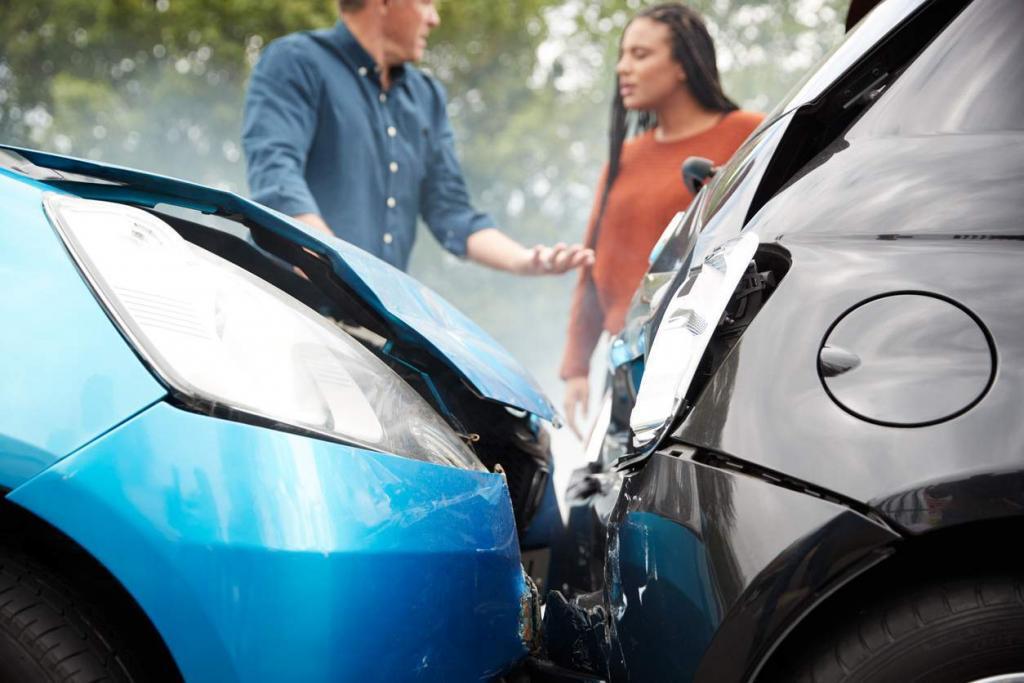One crucial aspect of being under an adrenaline rush after a car accident is the inability to feel pain. This can mask your pain and mislead you into thinking you’re fine.
FREE CASE EVALUATION

Going to the doctor after being involved in a car accident is vital, as it provides an accurate evaluation of your health, preventing complications and treating the injury in an incipient phase. Some injuries might not give you any discomfort right away but can turn worse and lead to complications that will cost you working hours and medical expenses.
That’s because adrenaline will flush through your body during stressful situations to help you act quickly and deal with the immediate danger you are in. While this is a crucial survival feature, it can also mask injuries and trick you into thinking you are better than you actually are.
How Does Adrenaline Work?
Adrenaline, also known as epinephrine, is a hormone secreted by the brain when you are in a dangerous situation, preparing your body to react to it.
Here are some signs that adrenaline is secreted into your brain:
- Dilated pupils
- Increased heart rate
- Sweaty palms, forehead, and body
- Inability to feel pain
- Heightened senses
- Increased strength and resistance to effort
- Nervousness
All these symptoms are characteristic of your body’s “fight or flight” response, as adrenaline boosts your performance to help you get out of the stressful situation. They can be triggered by situations that don’t actually put you in any physical danger (like having a heated discussion), but that doesn’t mean that you should brush them off as a false trigger.
One of the crucial aspects of being under an adrenaline rush when involved in a car accident is the inability to feel pain. Also called “stress-induced analgesic,” this effect can actually mask your pain and mislead you into thinking that you’re fine.
It is important to understand that because everyone does not experience adrenaline exactly the same way, some individuals may not feel the effects of it at all.
Injuries That Adrenaline Rushes Might Mask
You may suffer a variety of injuries during a car crash. Some are visible immediately (open wounds, paralysis, etc.), but others can be unidentified in the absence of pain. Such injuries are:
- internal bleeding
- bone fractures
- soft tissue injuries
- TBI (traumatic brain injuries)
If you delay your medical visit or don’t go to the doctor at all, you are at risk of not getting any compensation for your future expenses, as the insurance company will not support a claim that is not backed up by official medical reports.
Speak With a St. Louis Car Accident Lawyer
Adrenaline is a hormone secreted by the brain when you are in a dangerous situation to help you survive and act quickly. By understanding the effects of adrenaline, you can be more aware of your own body and take the necessary steps to ensure your health and safety. One of the crucial aspects of being under an adrenaline rush when involved in a car accident is the inability to feel pain, masking your pain and misleading you into thinking you’re fine. It is important to get checked out by a medical professional after a car accident, as some injuries may not give you any discomfort right away but can turn worse and lead to complications.
After seeking medical attention, it is important to seek the help of an experienced St. Louis car accident attorney to ensure your legal rights are protected and that you receive the compensation you are entitled to. An experienced lawyer can help you understand your rights and evaluate your car accident case, as well as assist with the insurance claims process and make sure that you do not settle for less than you deserve. Additionally, they can help you navigate any legal issues that may arise, such as filing a car accident injury lawsuit or dealing with insurance companies and other parties involved.
Free Consultation with a St. Louis Car Accident Lawyer
Don’t talk to an insurance claims adjuster before speaking with The Hoffmann Law Firm, L.L.C. We can help you avoid making statements that may affect the outcome of your case. The consultation is free; you don’t pay unless we get you money!
